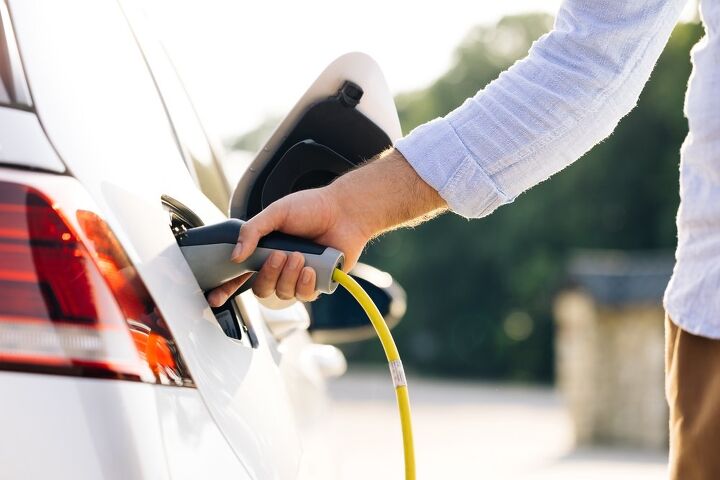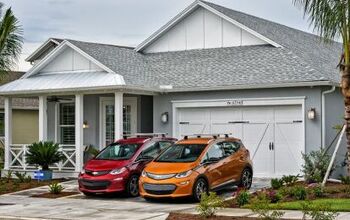Are Electric Cars Really Helping the Environment?
A recent study by the Keck School of Medicine of USC provides new insights into the potential benefits of electric vehicle (EV) adoption. The research, published in the Science of the Total Environment journal, presents the first real-world data linking EVs to reductions in air pollution and respiratory issues. This study marks a significant step in understanding the impact of electric cars on public health and the environment.
Understanding the Impact: Research Methodology
The researchers used multiple data sources to conduct their analysis. They gathered information on the total number of zero-emission vehicles (ZEVs), which include battery electric, plug-in hybrid, and hydrogen fuel cell cars, from the California Department of Motor Vehicles. The team also analyzed air pollution levels, focusing on nitrogen dioxide (NO2), and the rates of asthma-related emergency room visits across various California zip codes from 2013 to 2019.
Findings: Reduced Pollution and Health Risks
The results revealed a clear pattern: As the adoption of ZEVs increased within a zip code, there was a notable decline in local air pollution and asthma-related emergency room visits. Specifically, for every additional 20 ZEVs per 1,000 people, there was a 3.2 percent reduction in the rate of asthma-related emergency visits. Furthermore, the study showed a modest decrease in NO2 levels, a pollutant closely linked to traffic emissions.
Socioeconomic Disparities in ZEV Adoption
However, the study uncovered an adoption gap in ZEVs, with slower uptake in lower-resource areas. This gap highlights a need for policies that promote equitable access to clean transportation, particularly in communities disproportionately affected by pollution and related health issues.
Future Research and Broader Implications
While the study's findings are promising, the researchers acknowledge that more investigation is needed. Future research should explore additional pollutants, other vehicle classes, and broader environmental impacts of ZEVs, including the emissions from their production and disposal.
Conclusion
The study by the Keck School of Medicine of USC offers another case for the adoption of electric vehicles, not just for environmental reasons but also for public health benefits. It underscores the importance of considering local actions in the global fight against climate change and highlights the potential for significant health improvements through technological advancements in transportation.
This article was co-written using AI and was then heavily edited and optimized by our editorial team.
More by TTAC Staff
Latest Car Reviews
Read moreLatest Product Reviews
Read moreRecent Comments
- Redapple2 I gave up on Honda. My 09 Accord Vs my 03. The 09s- V 6 had a slight shudder when deactivating cylinders. And the 09 did not have the 03 's electro luminescent gages. And the 09 had the most uncomfortable seats. My brother bought his 3rd and last Honda CRV. Brutal seats after 25 minutes. NOW, We are forever Toyota, Lexus, Subaru people now despite HAVING ACCESS TO gm EMPLOYEE DISCOUNT. Despite having access to the gm employee discount. Man, that is a massive statement. Wow that s bad - Under no circumstances will I have that govna crap.
- Redapple2 Front tag obscured. Rear tag - clear and sharp. Huh?
- Redapple2 I can state what NOT to buy. HK. High theft. Insurance. Unrefined NVH. Rapidly degrading interiors. HK? No way !
- Luke42 Serious answer:Now that I DD an EV, buying an EV to replace my wife’s Honda Civic is in the queue. My wife likes her Honda, she likes Apple CarPlay, and she can’t stand Elon Musk - so Tesla starts the competition with two demerit-points and Honda starts the competition with one merit-point.The Honda Prologue looked like a great candidate until Honda announced that the partnership with GM was a one-off thing and that their future EVs would be designed in-house.Now I’m more inclined toward the Blazer EV, the vehicle on which the Prologue is based. The Blazer EV and the Ultium platform won’t be orphaned by GM any time soon. But then I have to convince my wife she would like it better than her Honda Civic, and that’s a heavy lift because she doesn’t have any reason to be dissatisfied with her current car (I take care of all of the ICE-hassles for her).Since my wife’s Honda Civic is holding up well, since she likes the car, and since I take care of most of the drawbacks of drawbacks of ICE ownership for her, there’s no urgency to replace this vehicle.Honestly, if a paid-off Honda Civic is my wife’s automotive hill to die on, that’s a pretty good place to be - even though I personally have to continue dealing the hassles and expenses of ICE ownership on her behalf.My plan is simply to wait-and-see what Honda does next. Maybe they’ll introduce the perfect EV for her one day, and I’ll just go buy it.
- 2ACL I have a soft spot for high-performance, shark-nosed Lancers (I considered the less-potent Ralliart during the period in which I eventually selected my first TL SH-AWD), but it's can be challenging to find a specimen that doesn't exhibit signs of abuse, and while most of the components are sufficiently universal in their function to service without manufacturer support, the SST isn't one of them. The shops that specialize in it are familiar with the failure as described by the seller and thus might be able to fix this one at a substantial savings to replacement. There's only a handful of them in the nation, however. A salvaged unit is another option, but the usual risks are magnified by similar logistical challenges to trying to save the original.I hope this is a case of the seller overvaluing the Evo market rather than still owing or having put the mods on credit. Because the best offer won't be anywhere near the current listing.


































Comments
Join the conversation